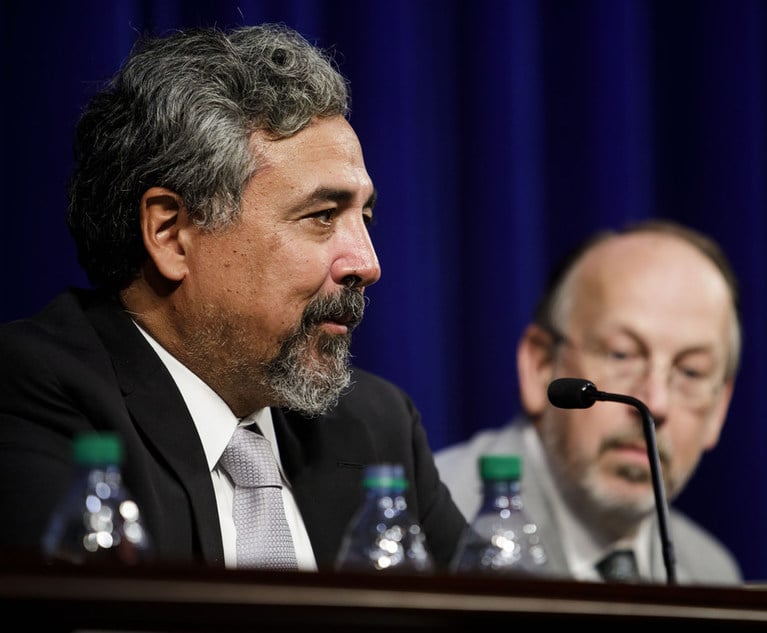For the past decade, the New York Court of Appeals decision in Bi-Economy Market, Inc. v. Harleysville Insurance Company of New York, has served as a useful roadmap for policyholders looking to recover consequential damages in connection with claims brought against their insurers who they allege have wrongfully denied their claim. See, e.g., D.K. Property v. National Union Fire Insurance Company of Pittsburgh, Pa., 92 N.Y.S.3d 231 (1st Dep’t 2019) (citing Bi-Economy). This past January, in D.K. Property, the First Department emphasized that the key inquiry in such cases—if not the only inquiry—is whether the consequential damages being sought were foreseeable at the time of contracting. Against that backdrop, now, more than ever, policyholders should evaluate whether they have a claim for consequential damages when drafting a pleading against a breaching insurer.
Bi-Economy—the seminal case on this issue—involved a claim brought by a policyholder who alleged that it was entitled to consequential damages as a result of its insurer’s improper denial of, and delay in providing, property damage and business interruption coverage for damage caused to the insured’s facility by a fire. 10 N.Y.3d at 187-190. The policyholder further alleged that its insurer’s inaction ultimately led to the collapse of its business. Id. The insurer successfully moved at summary judgment to dismiss the policyholder’s plea for consequential damages because “the insurance policy expressly excluded coverage for consequential losses, and thus it cannot be said that consequential damages were contemplated by the parties when the contract was formed.” Id. at 192. The Fourth Department affirmed the dismissal. Id.


 peshkova – Fotolia
peshkova – Fotolia



